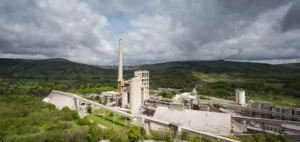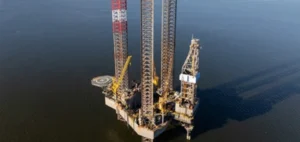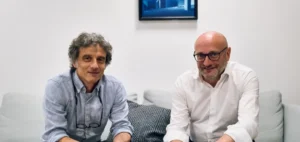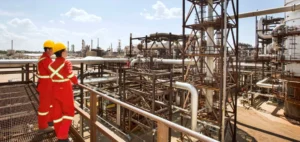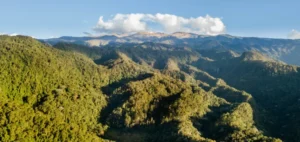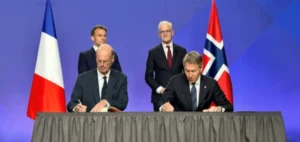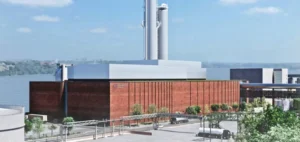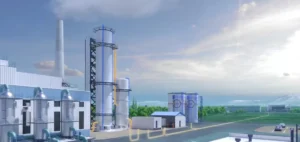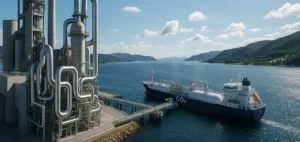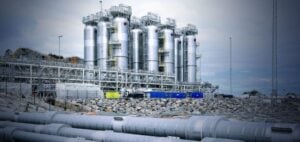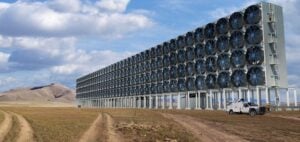Deep Sky, a Canadian developer of carbon sequestration projects, is currently carrying out pre-feasibility studies in Bécancour and Thetford Mines, Quebec, to assess the geological potential for CO2 storage.
These initiatives are in line with the province’s objective of becoming a leader in industrial decarbonization.
Objectives and methodologies
The studies in Bécancour began in July with the analysis of the geological characteristics of the land owned by the Société du parc industriel et portuaire de Bécancour (SPIPB).
This 3D geology project is the largest of its kind ever undertaken east of Manitoba.
It involves environmental assessments to confirm the potential for CO2 sequestration, using acoustic detectors to measure vibrations reflected by the underground geology.
At Thetford Mines, a similar project aims to determine the potential of mineralization for carbon sequestration.
Rock samples are analyzed to assess their reactivity to CO2, with the aim of transforming CO2 dissolved in water into limestone, without harmful by-products.
Community Involvement and Perspectives
Community engagement is a priority for Deep Sky, with one-on-one meetings, open houses and personalized information sessions for residents and landowners.
This approach ensures transparent and open communication with the local community, while stimulating the regional economy through local hiring.
Reactions and support
Donald Olivier, President and CEO of SPIPB, underlines the importance of CO2 capture and storage in the energy transition. He highlights Deep Sky’s commitment through its communications activities and ongoing dialogue with local citizens and businesses.
Donald Martel, Member of the National Assembly for Nicolet-Bécancour and Parliamentary Assistant to the Minister of the Economy, Innovation and Energy, sees this initiative as a promising step towards making Quebec a leader in decarbonization.
Future prospects
Fred Lalonde, co-founder and president of Deep Sky, expresses his conviction that Quebec can become a leader in the fight against climate change through these carbon sequestration projects.
Alain Lemieux, President and CEO of the Vallée de la Transition Énergétique (VTE), supports this vision, stressing the importance of a sustainable transition aligned with Quebec’s ambitions.
Deep Sky anticipates that the results of geological studies, expected within 6 to 8 months, will determine the feasibility of building new carbon sequestration facilities in Bécancour and Thetford Mines.
These facilities are designed to capture and store CO2 on site, thereby helping to reduce Quebec’s industrial emissions.
Deep Sky’s studies in Bécancour and Thetford Mines should confirm the economic viability of the projects and enable strategic investments for Quebec’s energy industry.
By exploiting local natural resources, Deep Sky strengthens Quebec’s competitiveness in the carbon sequestration sector, positioning the province as a key player in the energy transition.


